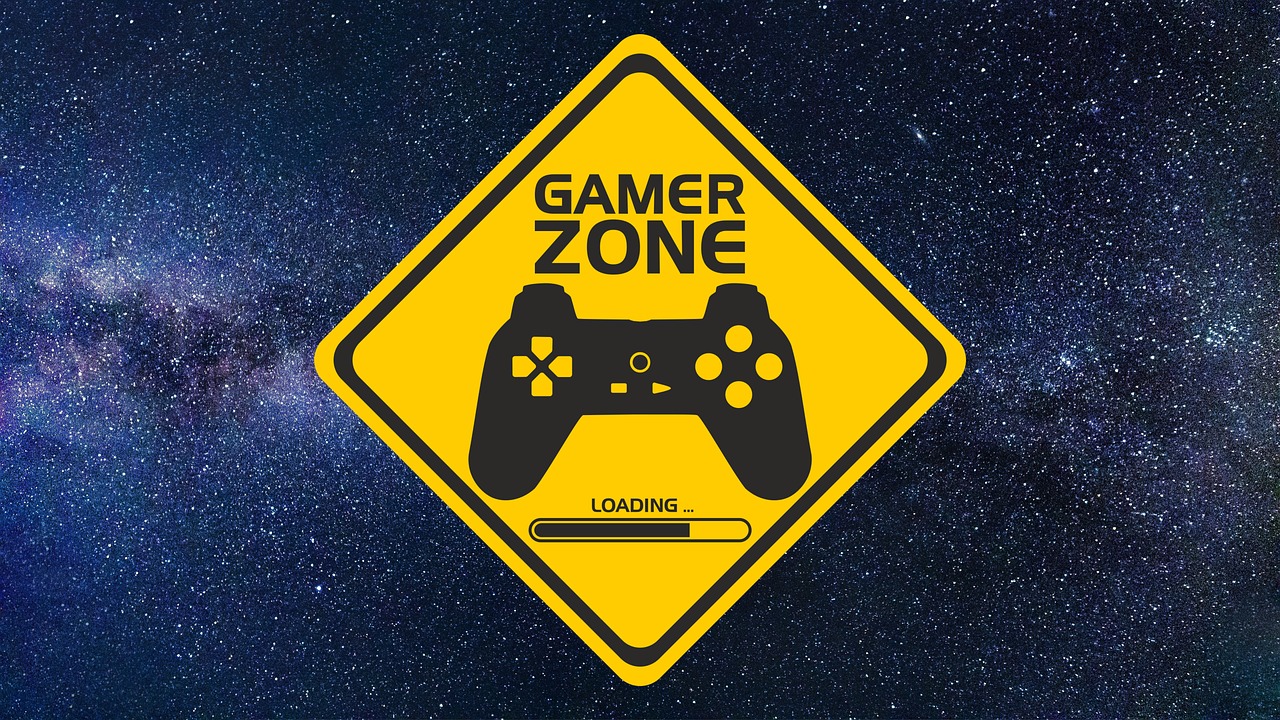Professional gaming, also known as esports (electronic sports), has rapidly grown into a competitive industry where skilled gamers compete at the highest levels for recognition, fame, and substantial financial rewards. Here’s more information about the profession of a professional gamer:
1. Skills and Attributes:
- Exceptional Gaming Skills: Professional gamers possess outstanding proficiency in specific video games, mastering game mechanics, strategies, and tactics.
- Hand-eye Coordination: Precise control and coordination are crucial for executing actions accurately and swiftly within the game.
- Strategic Thinking: The ability to formulate and adapt strategies on the fly based on opponents’ moves and game dynamics is essential for success.
- Teamwork: In team-based games, effective communication, collaboration, and synergy with teammates are critical for achieving victory.
- Adaptability: Professional gamers must adapt to new game updates, patches, and meta shifts to maintain their competitive edge.
2. Game Selection:
- Professional gamers typically specialize in specific video games, often choosing popular titles with established competitive scenes such as League of Legends, Counter-Strike: Global Offensive, Dota 2, Fortnite, Overwatch, and many others.
- Some players may focus on multiple games simultaneously, depending on their skills and interests.
3. Competitive Scene:
- Esports Tournaments: Professional gamers compete in various esports tournaments, ranging from local and regional events to international championships with massive prize pools.
- Leagues and Organizations: Many professional gamers join esports organizations or teams, which provide support, training, and opportunities to compete in prestigious tournaments.
- Streaming and Content Creation: Some professional gamers build their brands by streaming their gameplay on platforms like Twitch and creating content for YouTube, attracting followers and earning revenue through subscriptions, donations, and sponsorships.
4. Career Opportunities:
- Professional gamer: Competing in tournaments and leagues, earning prize money, salaries, and sponsorships from gaming organizations.
- Coach or Analyst: Providing strategic guidance, coaching, and analysis to esports teams and players.
- Content Creator: Producing gaming-related content, streaming, and creating videos for online platforms.
- Commentator or Caster: Providing live commentary and analysis during esports events and broadcasts.
- Event Organizer: Planning and hosting esports tournaments, leagues, and events.
5. Challenges:
- Intense Competition: The professional gaming scene is highly competitive, with thousands of skilled players vying for limited spots in top teams and tournaments.
- Mental and Physical Health: Long hours of practice and competition can lead to mental and physical fatigue, stress, and burnout if not managed properly.
- Uncertain Income: While top professional gamers can earn substantial incomes from prize money, salaries, and sponsorships, success is not guaranteed, and income may vary depending on performance and market conditions.
In conclusion, the profession of a professional gamer offers exciting opportunities for skilled players to compete at the highest levels, build their brands, and pursue lucrative careers in the rapidly growing esports industry. However, it requires dedication, hard work, and a passion for gaming to succeed in this competitive field.


